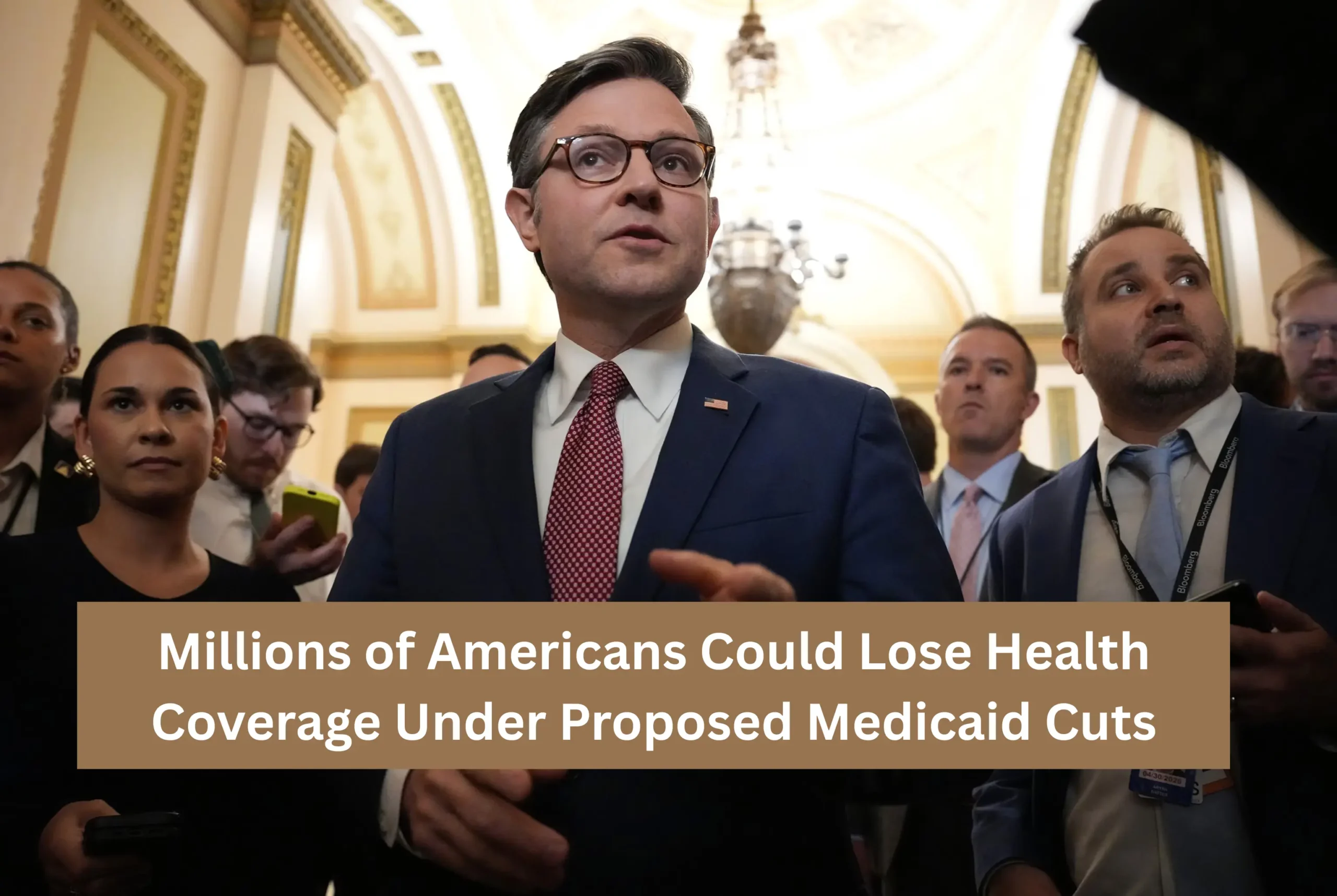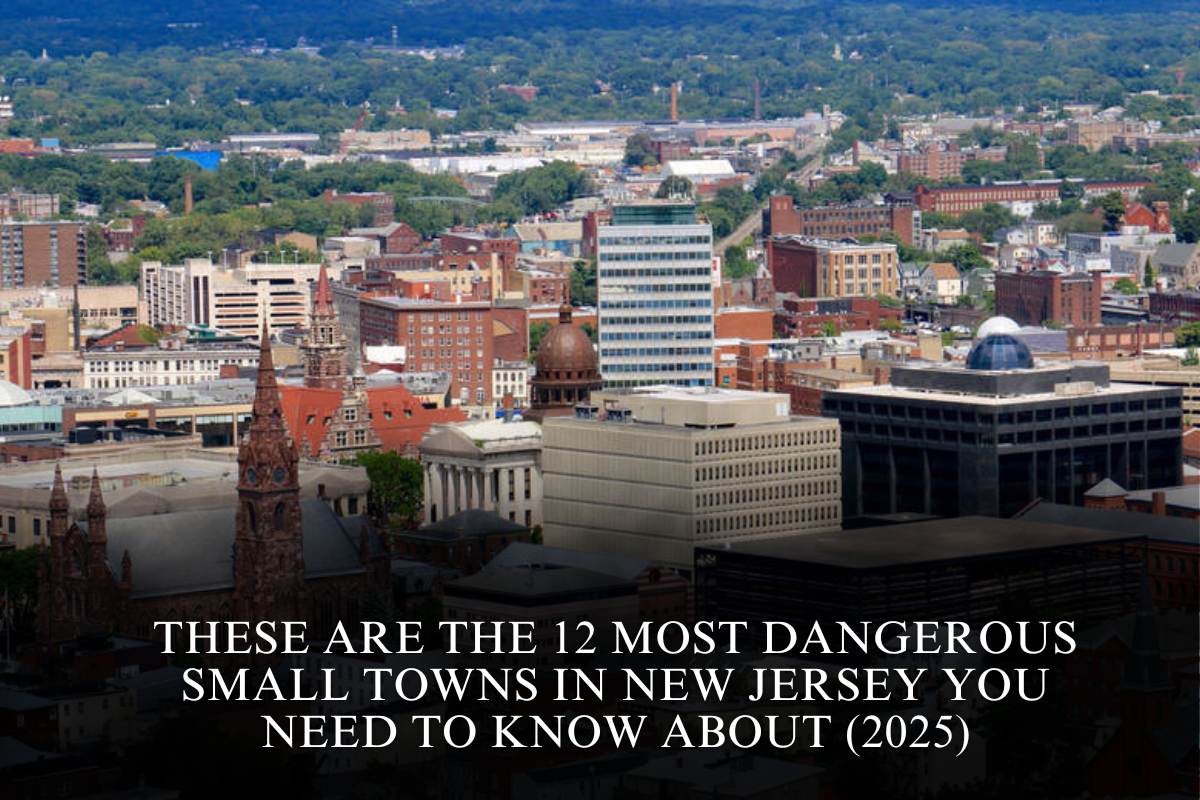Millions at Risk: How Proposed Medicaid Cuts Could Affect Vulnerable Americans
A new bill aimed at funding former President Donald Trump’s agenda includes major tax breaks — but to pay for them, it proposes deep spending cuts, especially to Medicaid. This could put millions of low-income and disabled Americans at risk of losing their health coverage.
Medicaid is a federal and state-run health insurance program that currently supports over 71 million people. It provides essential services like nursing home care, personal support, and help with medical costs such as premiums and copays.
But an analysis by the Congressional Budget Office warns that the proposed cuts could leave at least 8.6 million more Americans without health insurance by 2034.
“Medicaid is a crucial lifeline for many,” said Jennifer Mensik Kennedy, president of the American Nurses Association. “These cuts would disproportionately hurt the most vulnerable in our communities.”
Lawmakers Defend Cuts — But Families Fear the Impact
Some Republican lawmakers argue that the goal of the cuts is to reduce fraud and waste — not to take coverage away from those who truly need it. Health and Human Services Secretary Robert F. Kennedy Jr. echoed this point in recent testimony.
Still, families who rely on Medicaid worry the reality could be very different.
Rosa Andresen, a 54-year-old mother from Southgate, California, has been a full-time caregiver to her daughter Amanda for 13 years. Amanda, now 27, lives with cerebral palsy and a seizure disorder. Medicaid, along with Medicare, helps cover her medical needs — including seizure medication, diapers, and mobility tools like a ramp and shower chair.
Andresen fears what will happen if Amanda loses her Medicaid coverage.
“It’s devastating,” she told ABC News. “I’m scared for my daughter’s well-being. It could seriously impact her health and her quality of life.”
She also worries about finding out too late — either through a letter denying benefits or during a doctor’s visit when Amanda is suddenly no longer covered.
She tried exploring private insurance options through her husband’s job but was told Amanda’s chronic conditions made her ineligible. While California’s Medi-Cal program provides Medicaid services at the state level, Andresen isn’t sure what would still be covered — or what costs she’d have to pay out of pocket.
“I already rely on government help just to put food on the table,” she said. “If I have to choose between buying my daughter’s medication or buying groceries… I don’t know how I’d manage.”
Work Requirements Could Disrupt Recovery
Jodie Montplaisir, a 38-year-old mother of five from North Hampton, Massachusetts, credits Medicaid with helping her rebuild her life.
Just four years ago, she was homeless, unemployed, and struggling with opioid addiction. But with the help of Medicaid-funded treatment, she enrolled in an opioid treatment program and began her recovery journey.

“I knew I had to change my life — and I did,” she said. Now, three years into recovery, she has stable housing, is reunited with her kids, and works to support others who are unhoused.
Medicaid still covers her treatment and therapy. But she worries that any changes — like new paperwork, delays, or coverage limits — could threaten her progress.
“If I didn’t have Medicaid, there’s no way I could’ve gone through treatment,” she said. “I couldn’t have done it alone.”
The proposed bill would require able-bodied adults to work or enroll in job training or education programs for at least 80 hours a month to keep their Medicaid benefits. Although there are exemptions for people with substance use disorders, Montplaisir says that proving eligibility could become a barrier in itself — one that might push people out of the system.
She’s especially worried about how these rules would affect the homeless population she now works with.
“Medicaid is supposed to help us,” she said. “How are we supposed to work if we’re just trying to get sober? If I had to work while getting clean, it wouldn’t have worked.”
Internal GOP Divide
Not all Republicans are on board with the bill as it stands. Some feel it doesn’t go far enough in cutting spending, while others worry it could harm vulnerable populations too much.
Still, for people like Andresen and Montplaisir, even the possibility of Medicaid changes brings fear and uncertainty. Whether it’s a child with disabilities or an adult recovering from addiction, many Americans rely on Medicaid not just for health care — but for survival.







